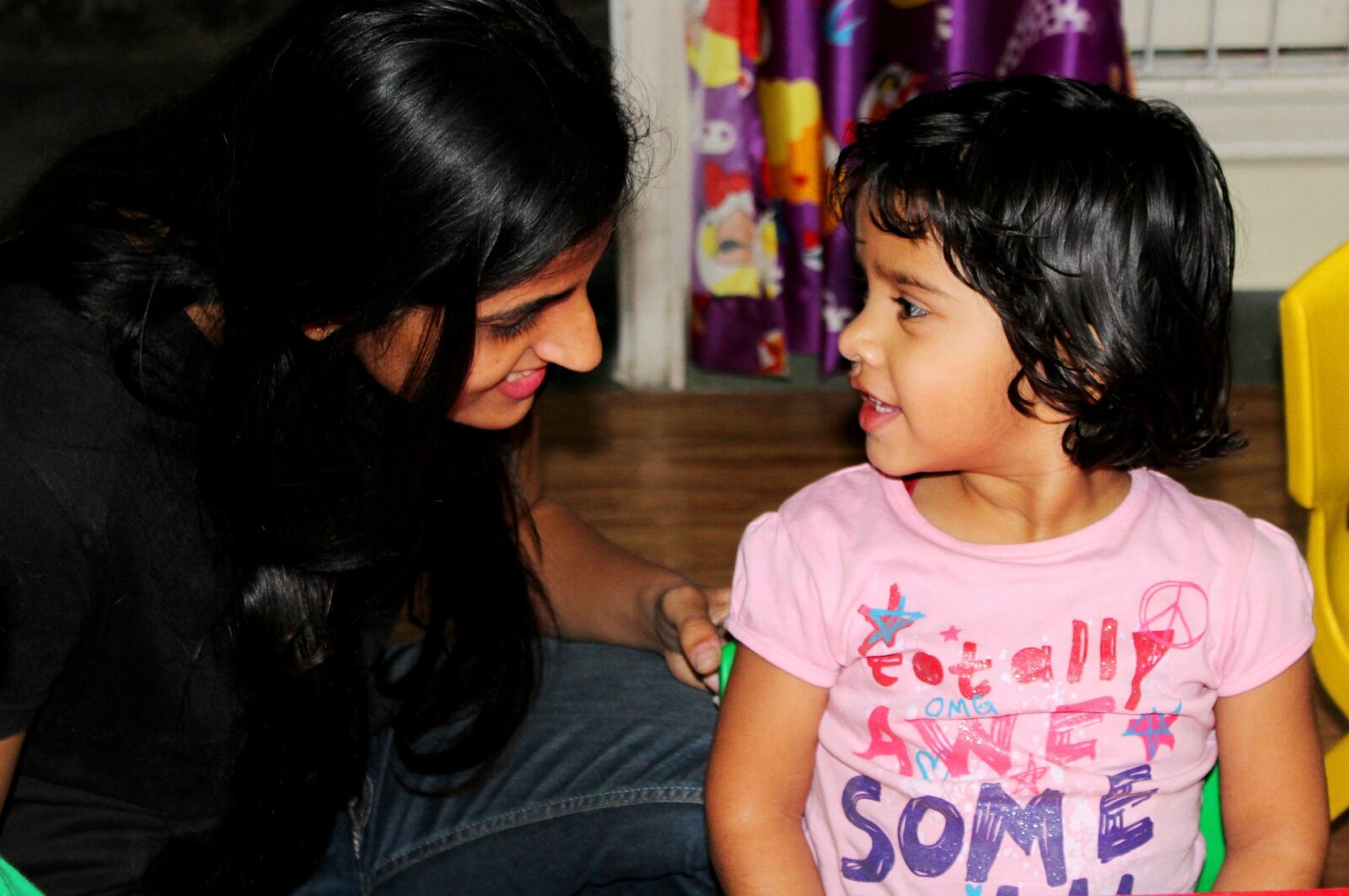Good practice
When is praising children effective?
Anna is a shy four-year-old girl with low self-esteem. Today during morning circle time, she volunteered to mark the weather on the weather board for the first time. Her teacher was so happy that she praised her with a lot of positive feedback (“You are such a brave girl to volunteer”, “You are so perceptive, you defined the weather perfectly well”…). For the rest of the day Anna has not volunteered to take part in any of the activities; neither did she want to reply to any of the teacher’s questions.
Praising children is commonly considered to be supporting their self-esteem and motivation. However, this seemingly “common sense” relation is not so straightforward. Effectiveness of praising depends on many factors, especially the type of praise and the child’s individual characteristics.
Types of praise
- Praise is a subjective, positive opinion of a person about a child’s performance or personal features. There are several types of praise.
- Person praise – it is related to a child’s personal qualities, skills, and abilities for example “You are so smart” or “ You are such a talented girl”.
- Product praise – this type of praise refers to the effect of a child’s performance for example “You made a beautiful sculpture” or “The play corner you have tidied up looks great”.
- Process praise – the praise which emphasises the child’s effort for example “You were amazing trying to put all the blocks together” or “I like it when you finish the puzzle”
- Inflated praise – this over-praise may be related to a person, product or process for example “You are an incredibly intelligent boy”, “This picture of a cat is stunningly beautiful” or “Your effort to solve this puzzle was absolutely incredible”.

Praising and child’s self-esteem
Praising is a widespread strategy used with intention to make children feel better about themselves. However, children with low-self esteem tend to receive more “person praise” and less “process praise” than children with high self-esteem [1]. This may, though, have the opposite result from the one intended (raising the child’s self-esteem) as “person praise” makes children, particularly those with low self-esteem, feel ashamed of following failures [1]. In other words, providing children with low-self esteem with “person praise” may foster their emotional vulnerability instead of preventing it.
Praising and child’s motivation
The type of praise children receive is important from a very young age and has a lasting impact on their motivation. Children in 2nd or 3rd grade who were provided with a greater proportion of “process praise” in the first years of life show beliefs that intelligence is not fixed but can be developed and they are more open to challenges; in other words, they display “incremental motivational framework” or an “incremental mindset” [2]. Moreover, a greater proportion of “process praise” in toddlerhood has an effect on students’ maths and reading achievements in 4th grade through children’s belief that intelligence is malleable [3].
Effective praising – 5 practical tips
- Praise children’s efforts rather than personal features or the product
- Define what you praise the child for and why you appreciate it
for example “I like how you painted the house with all these details” - When praising young children, do it directly after their accomplishments
- Avoid inflated praise
- Watch carefully how each of the children in your classroom reacts to praise and adjust the way you praise them accordingly
To sum up, the effectiveness of praise is to a large extent related to what the praise concerns. By directing praise at the child’s personal qualities or different aspects of his/her performance, teachers may influence the child’s motivation and self-esteem. Especially in regard to children with low self-esteem, wisely formulated praise may be a powerful tool supporting their development.
So, you may conclude that four-year-old Anna did not feel encouraged by the teacher’s praises…
This blog post was contributed by Olga Wysłowska (University of Warsaw).
References:
[1] Brummelman, E., Thomaes, S., Overbeek, G., Orobio de Castro, B., Van Den Hout, M. A., & Bushman, B. J. (2014). On feeding those hungry for praise: Person praise backfires in children with low self-esteem. Journal of Experimental Psychology: General, 143(1), 9–14. [2] Gunderson, E. A., Gripshover, S. J., Romero, C., Dweck, C. S., Goldin‐Meadow, S., & Levine, S. C. (2013). Parent praise to 1‐to 3‐year‐olds predicts children’s motivational frameworks 5 years later. Child Development, 84(5), 1526–1541. [3] Gunderson, E. A., Sorhagen, N. S., Gripshover, S. J., Dweck, C. S., Goldin-Meadow, S., & Levine, S. C. (2018). Parent praise to toddlers predicts fourth grade academic achievement via children’s incremental mindsets. Developmental Psychology, 54(3), 397–409.You must be logged in to post a comment.
